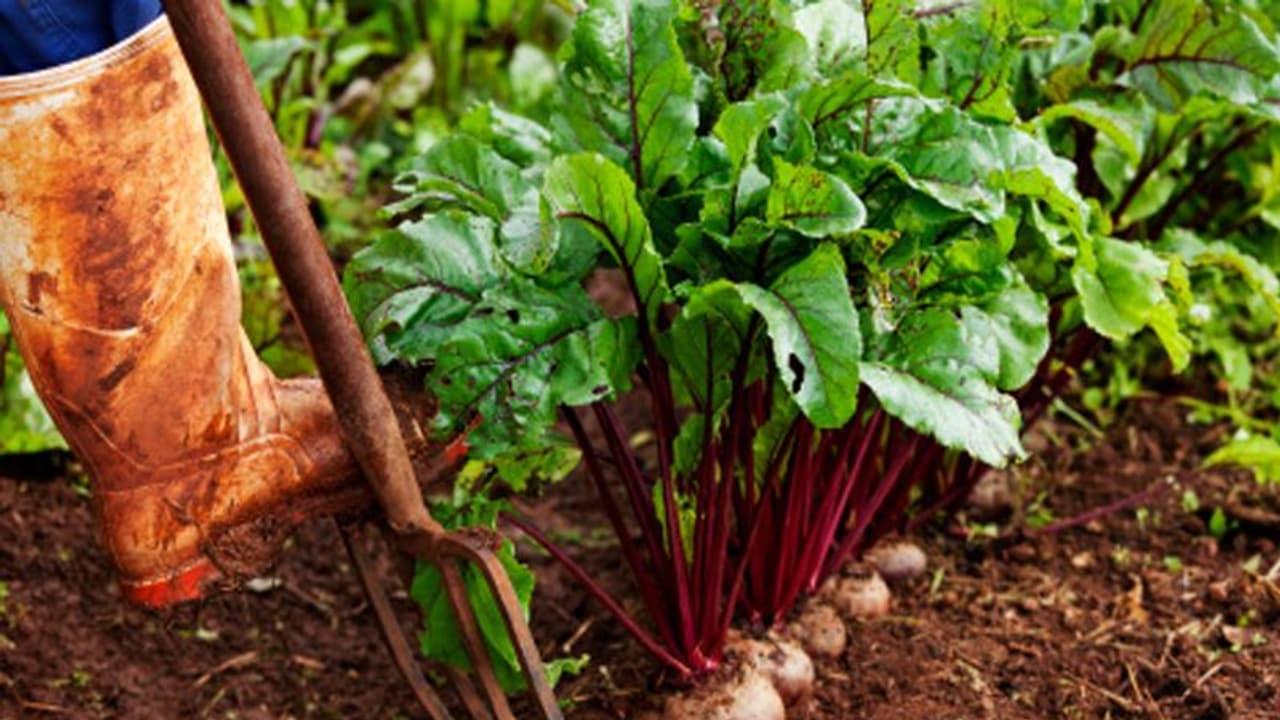
AI Is Changing The Way India Grows Its Food - Here's How!
For decades, Indian farmers have battled the same old problems that is unpredictable rains, poor soil health, pests, and a lack of timely advice. But what if a farmer could know exactly when to water the crops, what nutrients the soil needs, or even predict a pest attack before it happens?
That's the future a group of young researchers from Maharashtra is working towards, a future where technology becomes every farmer's best friend.
Farming Goes High-Tech
A new study by engineering students Pratiksha Nanavare, Saurabh More, Nandini Bung, and Harsh Kamble from SNJB's Kantabai Bhavarlalji Jain College of Engineering explores how Artificial Intelligence (AI) and the Internet of Things (IoT) can bring a quiet revolution to Indian farmlands.
Their research, published in the International Journal for Research in Applied Science & Engineering Technology (IJRASET), imagines farms that are connected, predictive, and efficient - powered not just by soil and sweat, but by data.
How Smart Farming Works
The system the team designed is like a digital nervous system for farms. Small IoT sensors planted in the soil measure things like moisture, temperature, humidity, and pH levels.
These readings are instantly sent to a cloud dashboard, where AI algorithms analyse the data and tell the farmer what to do next, whether it's time to water, how much fertilizer to use, or if the crop is at risk of disease.
Farmers can even snap a photo of an infected leaf, upload it to the app, and the AI model identifies the disease with up to 90% accuracy, suggesting treatment before the infection spreads.
"It's like having a digital doctor for your crops," one of the researchers explained.
Why India Needs Smart Farms Now
India adds millions of new vehicles and smartphone users every year but the tools in many Indian farms haven't changed much in decades. Farmers still depend on guesswork or outdated advice.
The study points out that 80% of India's freshwater is used in agriculture, much of it wasted due to inefficient irrigation. AI-based monitoring could help cut that dramatically while improving soil health and productivity.
It's not just about growing more food, it's about growing it smarter and sustainably.
From Classrooms to Fields
To make this vision real, the team trained advanced machine learning models including Convolutional Neural Networks (CNN) for detecting diseases from images and LSTM models for tracking time-based data like temperature or moisture changes.
Together, these systems achieved over 92% accuracy during testing. The researchers believe that if integrated into a simple smartphone app, the system could become a practical tool for millions of Indian farmers.
Challenges in the Real World
But technology alone isn't enough. Many farmers in rural India still lack reliable internet connectivity, and the cost of setting up such systems can be a hurdle. The researchers believe government support and partnerships with agri-tech startups could make this more accessible.
"There's no point building smart tools if farmers can't use them," says one of the team members. "We need to make technology simple, affordable, and local-language friendly."
A New Kind of Green Revolution
With India's Digital Agriculture Mission already pushing for tech-led farming solutions, experts say this kind of research could help kickstart the next major transformation in Indian agriculture.
The goal isn't to replace farmers with machines it's to empower them with data-driven decisions that reduce risks, save costs, and protect resources.
As one of the researchers summed it up beautifully:
"Technology can't control the rain but it can help farmers prepare for it."
Legal Disclaimer:
MENAFN provides the
information “as is” without warranty of any kind. We do not accept
any responsibility or liability for the accuracy, content, images,
videos, licenses, completeness, legality, or reliability of the information
contained in this article. If you have any complaints or copyright
issues related to this article, kindly contact the provider above.


















Comments
No comment